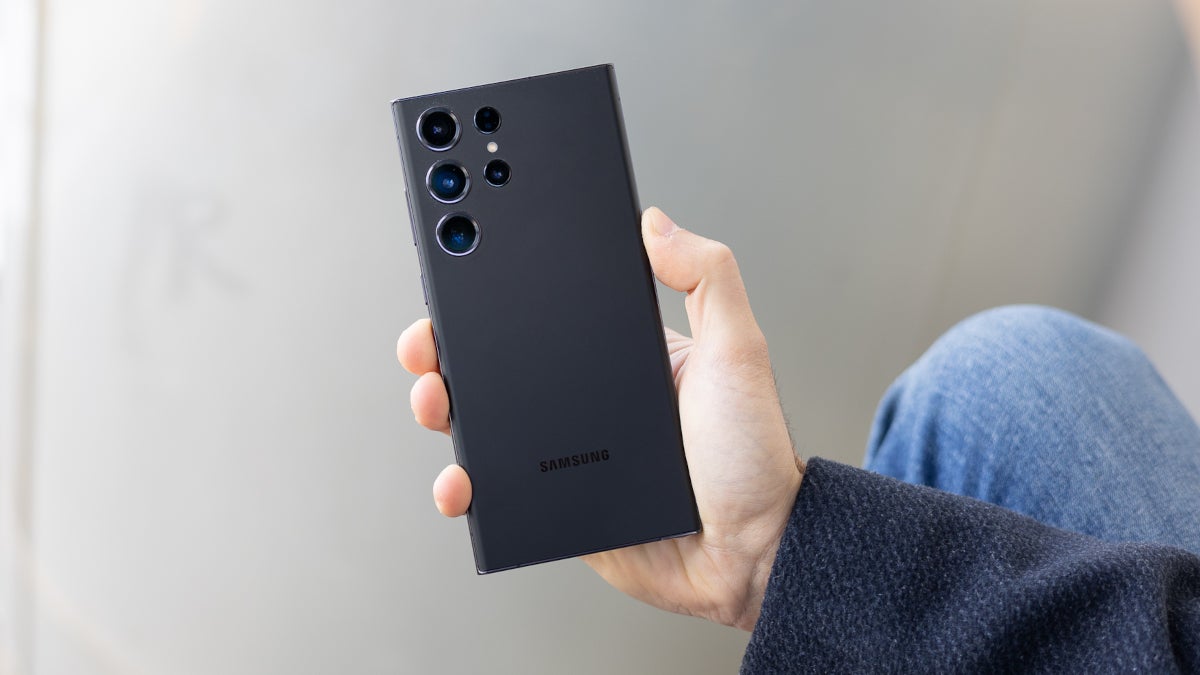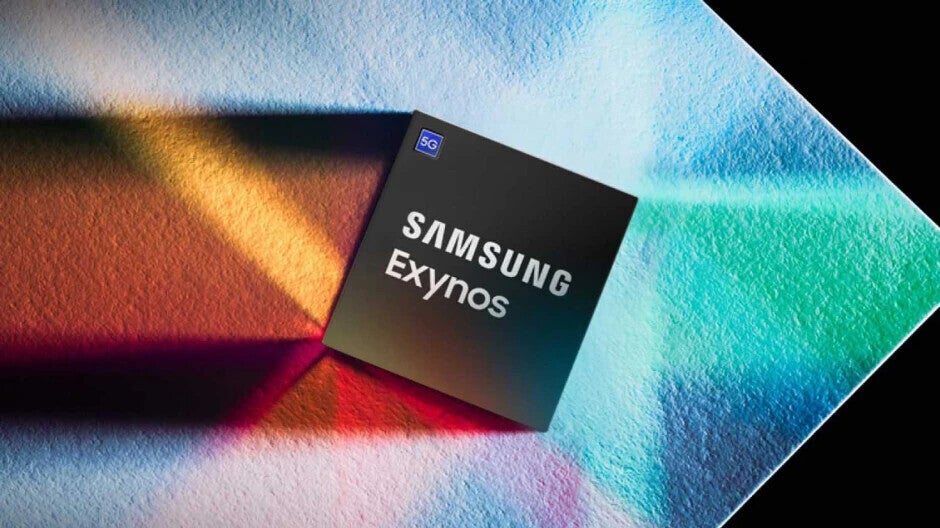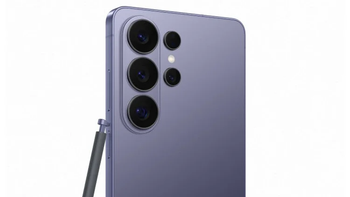The real reason why Samsung wants to use Exynos 2400 SoC for the Galaxy S24 line

Of course, nothing will be official until early next year, and we have a whole summer's worth of warm weather coming to the Northern Hemisphere which we don't want to gloss over so quickly, but there have been quite a few tipsters passing along speculation about Samsung's 2024 flagship series. Some of the most recent rumors include the use of a deca-core Exynos 2400 chipset, 12GB of RAM for the Galaxy S24 and Galaxy S24+, and 16GB of RAM for the Galaxy S24 Ultra. And we could see improved battery life for the latter device.
Perhaps the most interesting of the rumors is the one that says how Samsung will once again call on one of its own Exynos chipsets to power the Galaxy S24 line in some regions. If this rumor is true, and Samsung does develop a deca-core Exynos 2400 that can rival anything Qualcomm puts out there for next year, it will allow Samsung to allocate more of its Galaxy S24 budget toward improving specs.
If Samsung returns to the Exynos 2400 SoC for the Galaxy S24 series, it's all because of money
That's because it obviously costs Samsung a lot less money to equip a Galaxy S24 series handset with an Exynos SoC than a Qualcomm chipset. ITChosen (via Revengus) notes that by equipping all Galaxy S23 series models with the Snapdragon 8 Gen 2 for Galaxy chipset, Samsung lost any bargaining power with Qualcomm. And many of you recall how Qualcomm's "no license, no chips" policy is widely despised by phone manufacturers.
The report says that some of the money that Samsung will save by using its own application processor (AP) in certain regions will be used to offer a minimum 256GB of storage on all Galaxy S24 models. In reality, this will only impact the Galaxy S24 since the Galaxy S23 was the only model in the flagship line available with 128GB of storage.

Samsung could switch back to using an Exynos AP for the Galaxy S24 line in order to save money
Samsung saw its cost of acquiring APs last year rise 49% from the previous year. Returning to an AP it produces in-house for its flagship line could lower or possibly reverse that trend. An IT industry executive said (translated by Google Translate), "Samsung Electronics' increase in AP purchase cost was a factor in increasing raw material prices, but it seems that the weakening of AP negotiating power due to the absence of Exynos in the flagship model also had an impact."
And it might turn out to be the case that using the Exynos 2400 SoC in some regions will allow Samsung to keep pricing increases (if there are any) down in 2024. While many phone enthusiasts don't seem to be terribly excited with the prospects of Samsung using the Exynos 2400 chipset on some Galaxy S24 series units (again, depending on the region), most consumers probably couldn't name the chipset that powers their phones. As a result, pricing of the new series might be of greater concern to the average Joe.
If the Exynos 2400 can't go toe-to-toe with the next-gen Snapdragon 8 Gen 3 for Galaxy, all bets are off
And if the Exynos 2400 SoC is as powerful as rumored specs make it sound, and with Samsung's 4nm yields improving, it is looking more and more as though Exynos 2400-powered Galaxy S24 models will be a sure thing. Another industry official said (again, translated by Google Translate), "With Samsung Electronics' 4-nano foundry process yield stabilization, there are positive reactions to the performance of the Exynos 2400 from inside and outside the company."
Losing the Galaxy S23 business might have impacted how the Exynos line fared in global chip league tables. Counterpoint Research had Exynos as the fifth leading chip brand during the fourth quarter of 2022 with an 8% share of shipments. Apple saw the share of its APs double sequentially from 15% in Q3 to a leading 31% during Q4 of 2022. MediaTek was second with a 28% slice of the silicon pie followed by Qualcomm with 21% of shipments. UNISOC's 9% share placed it fourth, one rung above Samsung.
The bottom line is that Samsung would love to keep its costs down, and it can do so by using an Exynos AP for the Galaxy S24 series. But this writer believes that Samsung wouldn't dare risk making this move unless the performance of the Exynos 2400 is close to that of the Snapdragon 8 Gen 3 for Galaxy.
Follow us on Google News













Things that are NOT allowed:
To help keep our community safe and free from spam, we apply temporary limits to newly created accounts: